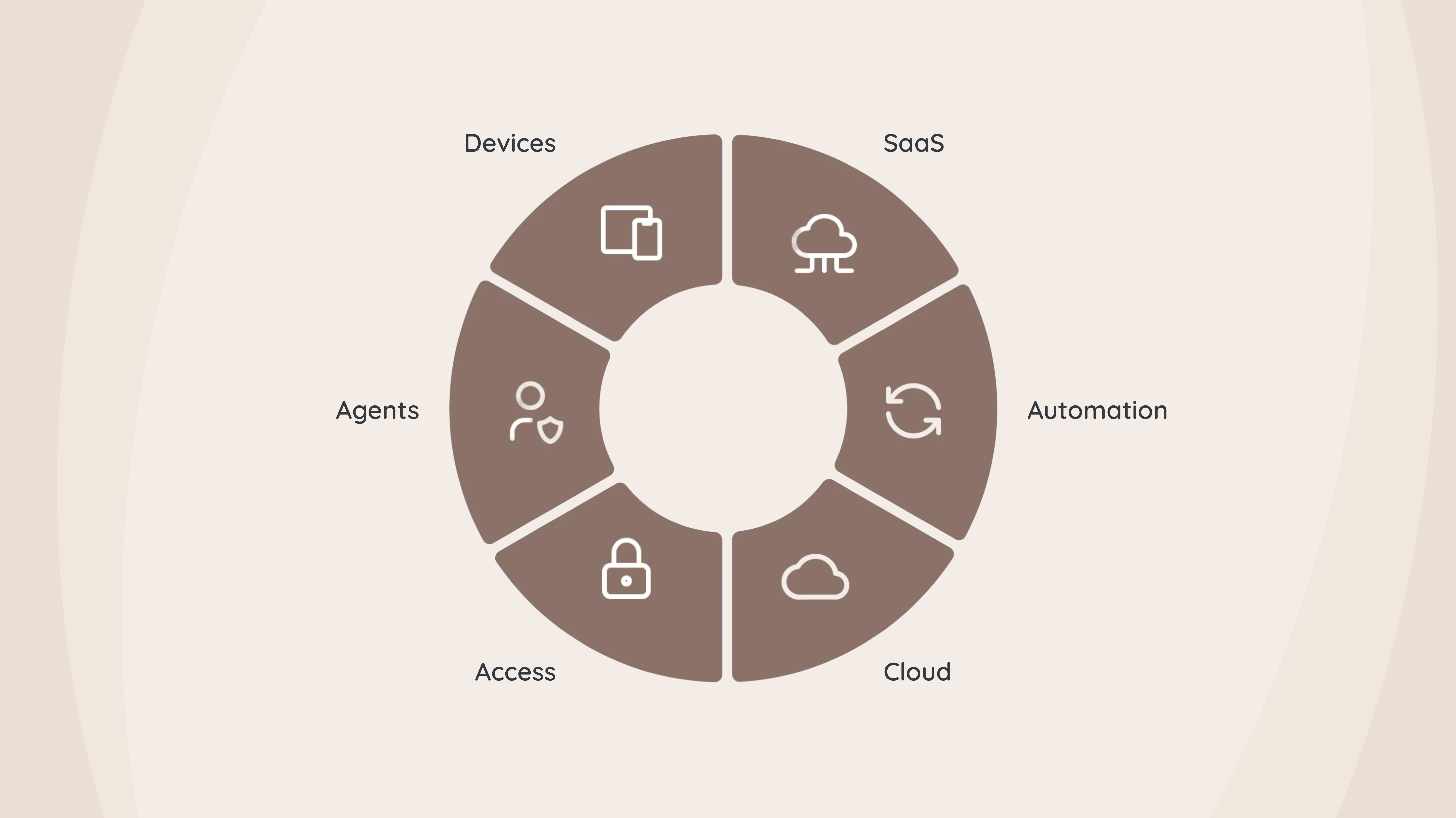TL;DR
Remote work has made IT asset management a headache for many companies. Employees took their work devices home, and some were never returned – leading to higher costs, security risks and compliance issues.
✅ 75 % of companies struggle to keep track of IT assets in remote setups
✅ Lost or unmanaged devices create financial and security risks
✅ IoT & cloud solutions make remote asset tracking easier
✅ Clear policies & tracking tools help businesses stay in control
So, how do you keep IT assets from disappearing into the void? This article breaks down the biggest challenges and the best strategies to keep your IT operations secure, efficient and cost-effective.
Why poor IT asset management is costing your business
Remote work changed everything – especially how companies manage their IT assets. Laptops, monitors, and other equipment were sent home in a hurry, and many never made it back. Now, 75% of businesses admit they’re struggling to track their IT assets, leading to unnecessary spending, security risks, and compliance issues.
Without a clear system, companies end up with:
🚨 Lost or forgotten devices collecting dust (or worse, holding sensitive data)
💸 Unexpected costs from replacing lost assets
🔒 Security risks from untracked devices accessing company systems
Good news? There’s a better way.
3 practical ways for effective remote IT asset management (RAM)
The challenges of remote IT asset management are clear – but they’re not unavoidable. With the right approach, businesses can reduce costs, improve security, and ensure every asset is tracked and utilized efficiently.
Here are three key strategies to help you regain control and prevent financial losses:
1. Use asset tracking & monitoring tools
If you don’t know where your IT assets are, you’re basically just losing money. From unused laptops to expired software licenses, businesses waste thousands on untracked or underutilized assets.
👉 Real-time asset tracking improves visibility and reduces losses
👉 Cloud-based IT asset management reduces operational costs by 25% (IDC)
👉 IoT-enabled tracking streamlines inventory and maintenance
Companies like Amazon use RFID technology to track assets and reduce inventory discrepancies. Adopting similar solutions helps businesses prevent losses, improve accountability, and streamline IT operations.
Read more: What Happens to My Work Computer When I Stop Using it and Return it to IT?
2. Optimize asset lifecycle & reduce waste
Instead of frequently replacing IT assets, businesses should extend their lifespan through refurbishment, resale, and proper retirement planning.
👉 Predictive maintenance prevents failures and reduces downtime
👉 Cloud computing & virtualization cut hardware costs by 50% (VMware)
👉 Sustainable IT asset management minimizes e-waste
Companies like Siemens saved millions by implementing proactive IT asset lifecycle management, ensuring resources are used efficiently before disposal or resale.
3. Strengthen cybersecurity in IT asset management
With employees using company devices remotely, security risks have skyrocketed. Without proper IT asset tracking, encryption, and access management, businesses are vulnerable to data breaches and compliance violations.
👉 IBM reports that companies with an incident response plan save $2.6M in breach costs
👉 Multi-factor authentication & encryption prevent unauthorized access
👉 Regular IT audits & compliance checks reduce security risks
A well-managed IT asset strategy not only saves costs but also protects company data, ensuring security isn’t compromised in remote work setups.
How Velory helps businesses manage remote IT assets
Keeping track of remote IT assets can be done with ease. Velory provides an all-in-one solution that helps businesses track, manage and optimize IT assets – regardless of employee location.
With automated addet tracking, vendor management, and lifecycle monitoring, Velory ensures businesses can cut costs, reduce security risks, and maximize asset utilization.
Do you want to take control of your IT assets while reducing costs? Let's talk!




.png)

.png)


